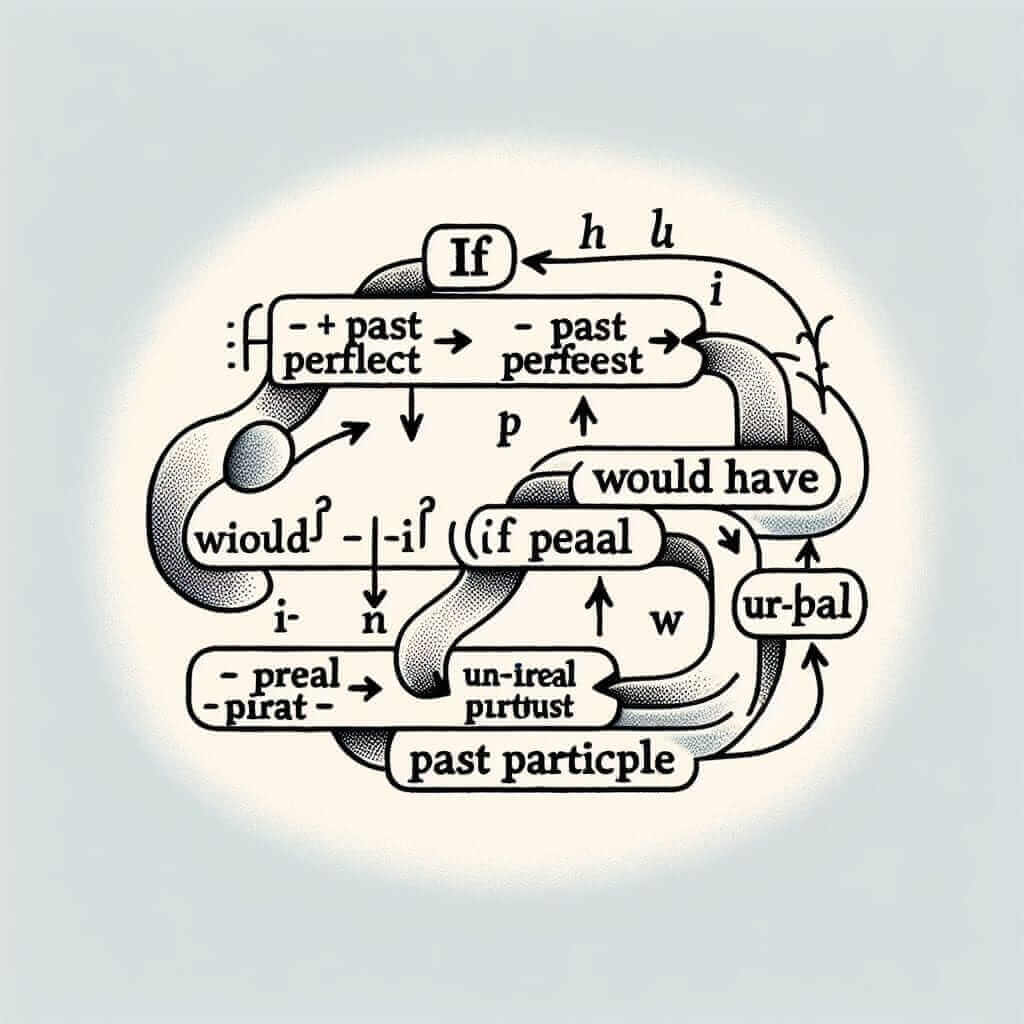“Had I been more cautious, I would have avoided mistakes” – a phrase heavy with regret, echoing the bittersweet pangs of “what could have been.” This construction, a third conditional sentence, frequently pops up in IELTS, particularly in the Speaking test when reflecting on past experiences, or in the Writing test when presenting arguments or hypothetical situations.
Let’s delve into some examples of how this grammatical structure might appear in different sections of the IELTS:
Speaking Part 2: Describe a time you made a decision you later regretted.
“Had I been more cautious and considered all the options, I would have avoided the disappointment I felt later.” (This sentence clearly expresses regret and the hypothetical alternative.)
Writing Task 2: Some people believe that taking risks is essential for success. Others argue that it is important to avoid risks. Discuss both views and give your own opinion.
“While risk-taking can lead to innovation, had renowned inventors like Thomas Edison shied away from experimentation, fearing failure, many life-changing inventions would never have come to fruition.” (Here, the third conditional is used to present a hypothetical past, emphasizing the importance of taking risks.)
Understanding Third Conditional Sentences
This type of sentence explores unreal past situations and their hypothetical consequences. We use it to imagine different outcomes if something in the past had been different.
Structure and Grammar
The formula for a third conditional sentence is as follows:
If + past perfect, would have + past participle
Let’s break down our key sentence:
- If Clause: “Had I been more cautious”
- This inverts the typical “If I had been…” structure, making the tone more formal and impactful.
- Main Clause: “I would have avoided mistakes.”
- “Would have avoided” indicates the hypothetical past result.

Application in IELTS
1. Speaking Test
- Expressing Regret: “Had I practiced my speaking more, I would have felt more confident during the exam.”
- Hypothetical Situations: “If I had travelled more, I would have had more to talk about in the Speaking test.”
2. Writing Test
- Presenting Arguments: “Had governments invested more in renewable energy sooner, the effects of climate change might have been less severe.”
- Illustrating Consequences: “Had the Titanic’s crew been more vigilant, the disaster could have been avoided.”
Level Up Your Language: Achieving Band 7+
To impress the examiner, consider these strategies:
- Mixed Conditionals: “Had I been more focused during my studies, I would be celebrating a higher IELTS score today!” (This links the unreal past to a present consequence).
- Inversion for Emphasis: Using “Had I…” instead of “If I had…” adds a touch of sophistication and formality.
Common Errors to Avoid
- Incorrect Tense Sequence: “If I had been more careful, I will avoid mistakes.” (Incorrect – the main clause should also be in the past conditional: “I would have avoided”).
- Missing “Had” in Inversion: “I been more cautious…” (Incorrect – should be “Had I been more cautious”).
Conclusion
Mastering the third conditional, particularly its nuances with inversion, empowers you to express regret, explore hypothetical situations, and formulate persuasive arguments – all crucial for achieving a high IELTS score. Don’t be afraid to experiment with this versatile grammatical tool, and remember, analyzing your errors is a stepping stone to success!